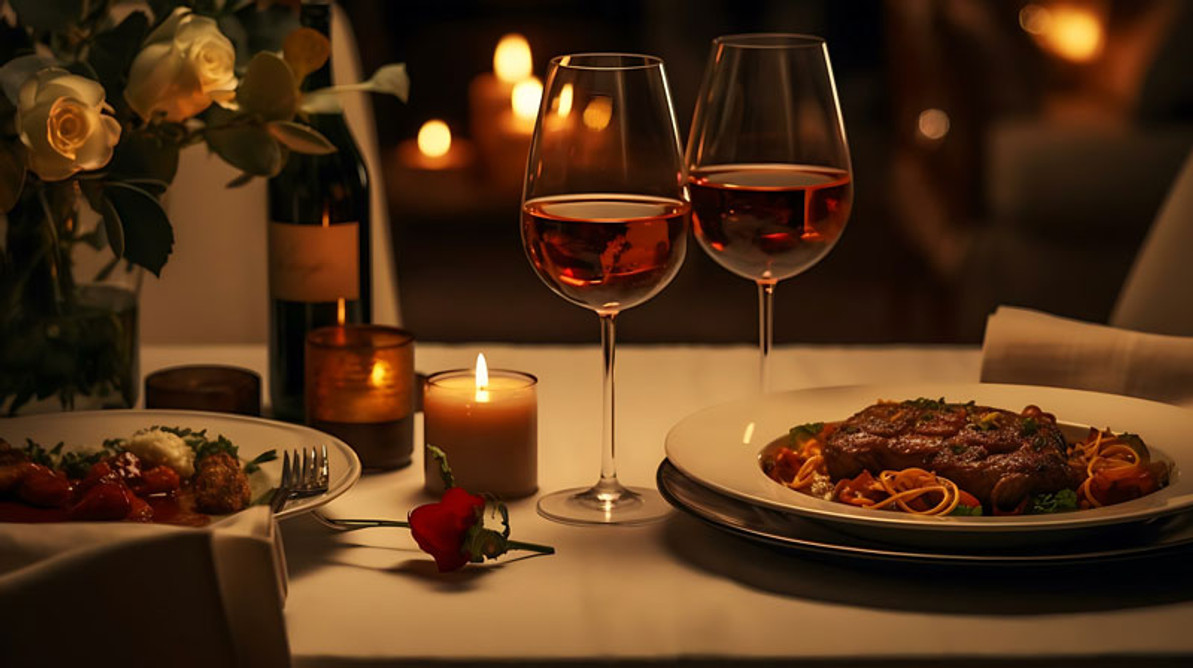Our Guide to Wine Tasting Etiquette
Unless you happen to live in Napa Valley, chances are you don’t go to wine tastings every weekend. Millions of Americans have never been to a tasting, and it might be intimidating to attend your first tasting, with all the rules of etiquette. Even if you’ve been before, the etiquette may have changed in the past few years. Don’t worry! We will explain the present etiquette for wine tasting, that way, you’ll be able to maximize your experience and the experience of those around you, including the tasting leader. After this, you’ll taste like a pro.
Most important for the actual tasting element is to make sure not to interfere with your senses, especially your taste and smell. These are your most important tools when tasting anything, especially wine, and you don’t want anything distracting your tongue or nose. Therefore, avoid eating strong foods before a tasting that might linger on the tongue, like onion or garlic. Refrain from wearing any perfume or cologne, as well, as they can distract the nose and lead to a faulty tasting. You wouldn’t want to distract your fellow tasters with foul breath or strong perfume either. Keeping the palate clean is the most important part of tasting. Bringing a bottle of water with you helps cleans the palate as well. Most wine tastings will have water for you to cleanse your palate, but it never hurts to bring your own. You’ll want to stay hydrated, as well. A good rule of thumb is to drink the same amount of water as you do wine, its keep the palate fresh and keep you from getting too drunk. You’re at a tasting, after all, not a party.
A classic tasting rule that has caused much debate is the
“spit or swallow” rule. Should you spit the wine out after having it on your
tongue? Or should you swallow it? The classic rule is that you should spit it
out, but that rule has been ignored with increasing joy over the past few
years. And tastings are better off because of it. One of the main objectives of
a wine tasting is education, but another one is to have fun. So swallow the
wine if you want to. If you enjoy the wine why shouldn’t you actually drink it?
Just keep in mind the water rule, and plan ahead if you plan on doing multiple
tastings in a day. Maybe swallowing all the wine you taste that day wouldn’t be
the best idea, no matter how much water you drink. Nobody likes a drunk taster.
And you won’t like the hangover the next day. Related to this is the “dumping”
rule. Should you dump any remaining wine in your glass out into the bucket when
you’re finished or should you finish the glass they serve you? The choice is
yours. It is not disrespectful to dump the wine out, especially if you want to
keep your palate clean or if you don’t want to get too tipsy. But, if you like
the glass they pour then go ahead and finish the whole thing! These points are
mostly a matter of preference.
It’s good to try all the wines the tasting room puts before you. Even if you don’t necessarily enjoy a certain varietal, you never know what you’ll learn and how your taste might change. Maybe you do like Pinot Noir after all! On the other end of the spectrum, if you know a lot about wine, don’t show off your knowledge too much. An arrogant taster can ruin a tasting just as easily as a drunk taster. There is a designated person to lead tastings most of the time, and it isn’t you. In the same vein, if you work in the wine industry, don’t try to throw your weight around to try to get special treatment of any kind. Unlike dumping, this is disrespectful, especially when the tasting room is busy. Even worse is pretending you’re in the industry when you aren’t. In general, haggling over price or experience is frowned upon. This includes asking for the “good stuff”. This implies that what they are serving you is bad. It is fine to ask if they have any special reserve bottle available to try, but keep in mind, the more you try off menu, the more they will expect you to buy a bottle at the end of your tasting. This includes retrying wines.
While many newer tasting rooms can feel like wine bars, it is important to remember that there is a difference. People are in a tasting room to experience and learn about wine. Not to party. And each tasting room has its own policy on tipping; some accept tips and others don’t. With these guidelines in place, you can use them to ensure a respectful experience on all accounts. Though there can be a lot of expectations, the main goal is to have fun! One last piece of advice that also works well in Italian restaurants and sports bars: don’t wear a white shirt.
Recent Posts
-
Get Ready For Fall With Spiked Apple Cider
The fall season is fast approaching, and with fall comes apple cider and all its delicious goodness. …Sep 25th 2024 -
All About White Sangria
Craving white sangria? Here are simple and delicious white sangria recipes that are perfect for any …Jul 19th 2024 -
Perfect Pairings: Elevate Your Meal with Long Shadows FEATHER Columbia Valley Cabernet Sauvignon 2019
When it comes to enjoying a fine bottle of wine, the right food pairing can make all the differen …Jul 17th 2024




